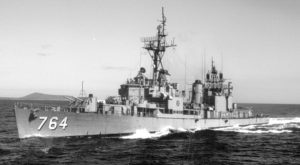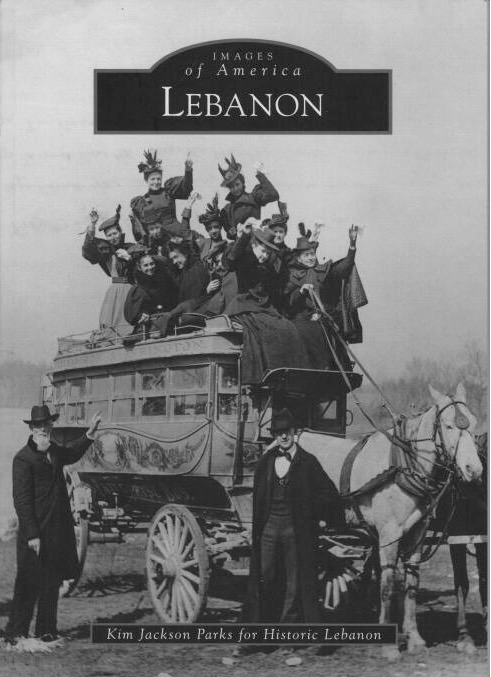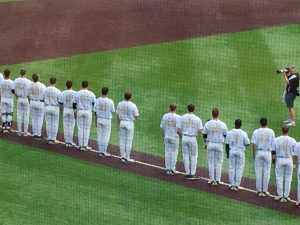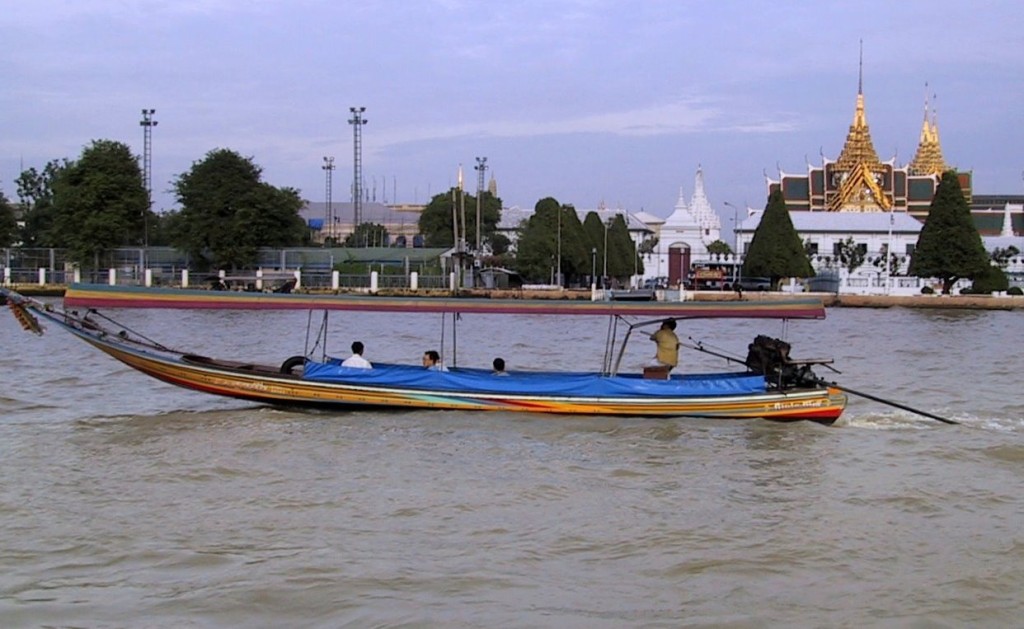There are about a half dozen draft posts hanging around my computer and the cloud. Been in a funk. Not quite some things i’m ready to talk about. Not depressed. Just inert. Tonight, i, as an electronically, cloud challenged Neanderthal, i wrestled with about a gazillion duplications of my files on my computer, my portable hard drive (not working right of course), Google, and Apple, i ran across some of my early Democrat columns. i decided to actually post something, and for now, delete the copy i found. This column, reedited here, was the thirty second one for the Democrat back in 2008.
SAN DIEGO – This is a sea story about sea sickness. It is not for the squeamish.
Before 1963, my experience with motion sickness was limited to Wilson County Fair rides with Mike Dixon and George Thomas and fishing quests with my father, my cousin Maxwell Martin, and Henry Harding.
The fair rides didn’t faze me. The closest to my having motion sickness was those fishing outings. When we got back on dry land, my legs would wobble for a while.
Then in June 1963, my parents drove me to Nashville to catch a Trailways Bus to Newport, Rhode Island for my NROTC training cruise.
I had opted for a bus ride rather than the Navy scheduling my flight, even though it would have been my first plane ride. I reasoned I could make a few bucks for my own use. i didn’t save a dime.
The bus left noon on Saturday. I arrived in Newport 43 hours later, 7:00 a.m. on Monday with a perceptible aroma of travel.

As an ensign and driver hustled me and other midshipmen into a van. I discovered my sea bag had not arrrived. Trailways said it was on the next bus and would be delivered before my ship, the U.S.S. Lloyd Thomas (DD 764), got underway.
It didn’t.
It did get to a ship departing later and finally got to me three weeks later.
When I reported aboard I was escorted to the hedgehog deck (hedgehog was a short-lived anti-submarine weapon) with 20 other midshipmen just below the bridge.
We were put in formation to stand out of the harbor.
As we passed Newport’s beautiful“Ocean Drive,” I learned the cruelty of sailors to landlubbers.
Paper sacks, or “barf bags,” were strategically in handrails around the ship. A seasoned chief took one to the chief’s mess and crushed graham crackers into milk, pouring the concoction into the bag.
Then he walked out on the hedgehog deck under the bridge wing where he could not be seen from above. With the curious midshipmen watching, he announced he always became ill when the ship got underway.
Saying that, he leaned over and made noises as if he was vomiting into the bag. After a sigh, he announced, “And there is only one way I can cure it.”
With that, he put the bag to his mouth and began to gulp the mixture with a large amount spilling down his chin and onto his uniform.
Within seconds, all but three of the midshipmen were at the lifelines, attaining a level of seasickness which could only be described as epic.
We weren’t even out of Narragansett Bay.
I was one of the three left standing in the puny formation remaining.
The sailors were not satisfied. At the evening meal on the mess decks, they served greasy pork chops and several old salts tied sardines (canned) to strings and walked through the mess decks swallowing them and then pulling them back up with the string.
The midshipmen were reeling.
Somehow, I remained okay.
My first assignment was the mid-watch (from midnight until 4:00 a.m.) in combat information center (CIC), a darkened space aft of the bridge. With no seabag, i was reeking of three days travel aroma.
The radarmen were determined to initiate me into the ways of the sea. I was assigned a radar scope and placed where I rolled with the ship, the worst position for motion sickness. For four hours, I sat staring at the dark round scope, rolling side to side. The watch section sensed I was near the anticipated moment. They lit cigars and took turns walking by me, stopping to check while blowing cigar smoke into my slightly green face.
Their effort to make me sick brought out my stubbornness. Even though I was beyond nausea, I refused to give them their laugh on me. I swallowed back my sickness.
I never came close to being sea sick again. I have been in sea state five oceans. I have encountered the worst possible conditions for inducing that terrible illness, but have been unfazed. There is no doubt in my mind, that first day at sea in 1963 was one reason, but also partially due to my stubbornness and a bunch of fishing trips to Center Hill and Old Hickory Lakes.
Post script: The next today, the radar gang found a sailor who had clothes to fit me. He gave me a couple of enlisted uniforms, including very smelly camel leather boots he had purchased in Israel. A midshipman gave me one of his “Dixie Cup” hats. I filled my locker, took a shower, and finally felt human again, although my feet smelled like camel for almost three weeks.


